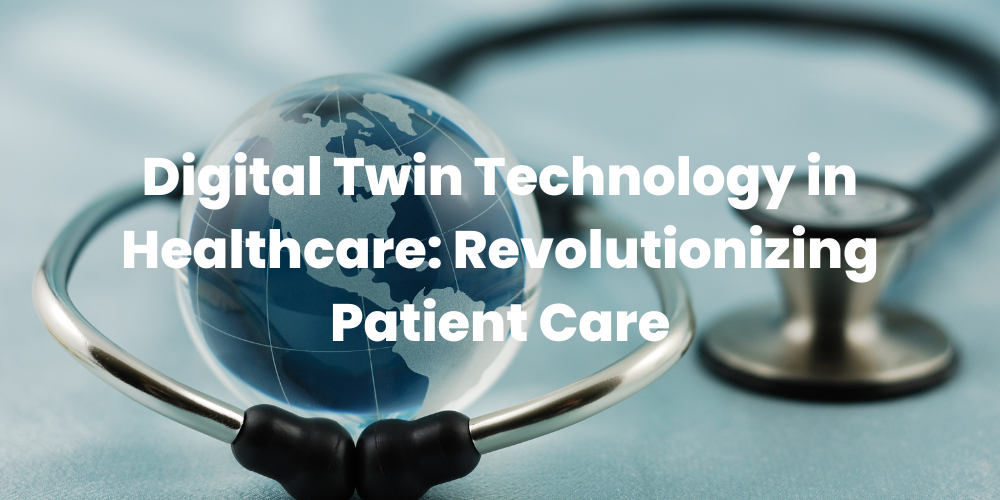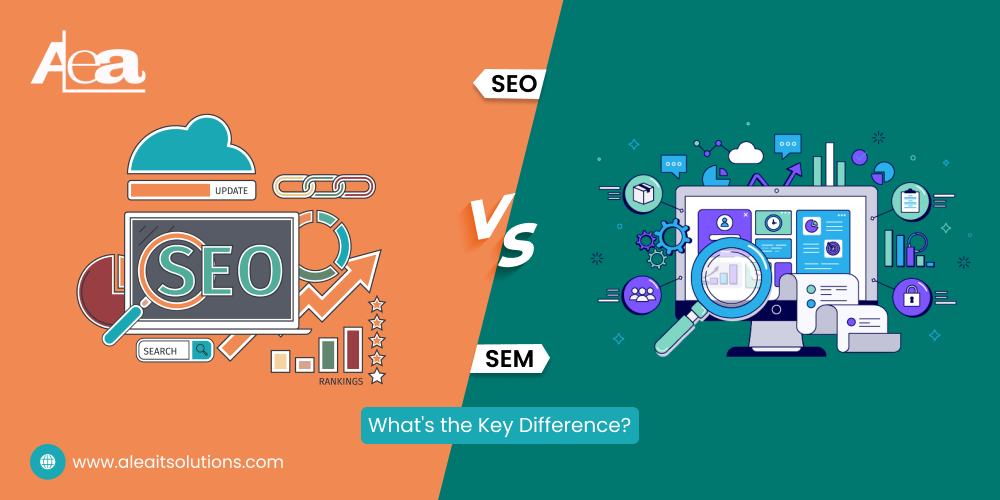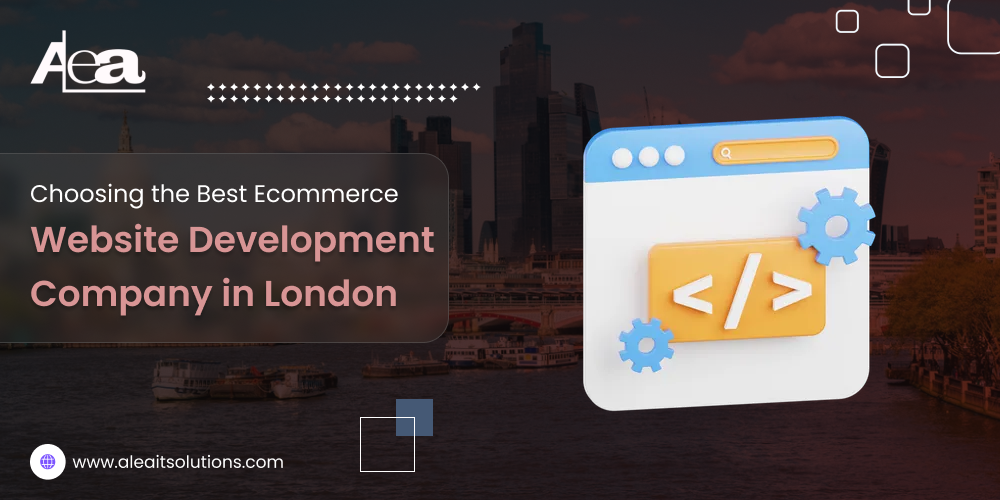Digital Twin Technology, originally developed for industries like manufacturing and engineering, is now transforming healthcare by creating virtual replicas of physical entities or systems. In healthcare, these digital twins offer unprecedented insights into patient conditions, treatment simulations, and future health predictions. This advanced technology is paving the way for more precise, personalized, and proactive medical care.
How Digital Twin Technology Works in Healthcare
Digital twins in healthcare are created by collecting real-time data from wearable devices, medical sensors, and diagnostic tools. This virtual copy is continuously updated, allowing healthcare providers to monitor patient health, simulate treatments, and make data-driven decisions.
Key benefits include:
- Personalized Treatment Plans: Doctors can use digital twins to simulate the effectiveness of various treatment options before applying them to the patient.
- Predictive Health Management: Real-time data analysis helps predict potential health issues, enabling proactive intervention.
- Surgical Precision: Surgeons can rehearse complex operations on digital replicas, improving the accuracy and success rates of procedures.
For more details on how digital twins are reshaping healthcare, you can explore GE Healthcare’s vision and Siemens Healthineers’ perspective.
Applications of Digital Twin Technology in Healthcare
- Personalized Medicine: Digital twins allow doctors to simulate treatment plans and predict outcomes, enhancing the effectiveness of personalized care. For more information, visit Philips Healthcare.
- Chronic Disease Management: Conditions such as diabetes and heart disease benefit from continuous monitoring through digital twins, improving long-term disease management.
- Surgical Planning and Training: Surgeons can use digital twins to practice surgeries on a virtual patient, leading to better surgical outcomes. Learn more at Mayo Clinic’s innovations.
- Drug Development: Pharmaceutical companies are using digital twins to test drug effects virtually, reducing time and costs associated with drug trials. Check out insights from Pfizer.
- Hospital Operations: Hospitals are leveraging digital twins to optimize operations, patient flow, and resource allocation.
The Future of Digital Twins in Healthcare
As AI, machine learning, and IoT (Internet of Things) continue to advance, digital twin technology will play a larger role in healthcare. It is predicted that digital twins will become an essential tool for predicting and managing health outcomes across patient populations. Visit IBM’s Watson Health to learn how digital health solutions are evolving.
Challenges to Overcome
- Data Privacy: Protecting sensitive patient data is crucial for widespread adoption.
- Data Integration: Integrating data from diverse sources such as wearables and medical devices can be complex.
- Cost and Accessibility: Implementing digital twins requires significant investments, making it less accessible for smaller healthcare providers.
AleaIT Solutions: Empowering Healthcare with Digital Innovation
As healthcare organizations navigate digital transformation, AleaIT Solutions provides cutting-edge technology solutions, including digital twin systems. AleaIT helps healthcare providers implement these advanced technologies, offering custom solutions that cater to specific medical needs. With a focus on innovation and operational efficiency, AleaIT is your partner in driving healthcare advancements.
Ready to revolutionize your healthcare services? Contact AleaIT Solutions today to discover how we can help you integrate digital twin technology and other innovations into your healthcare practice.




